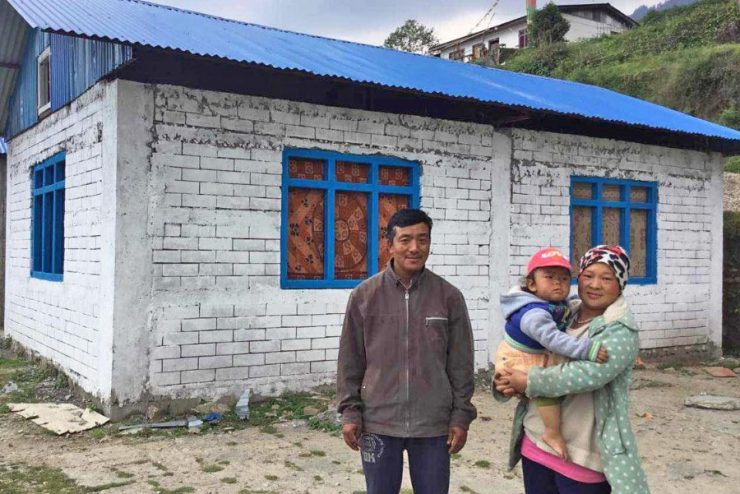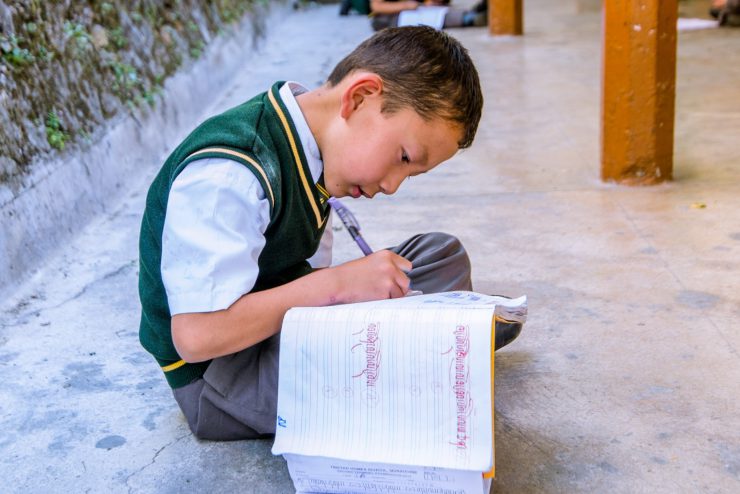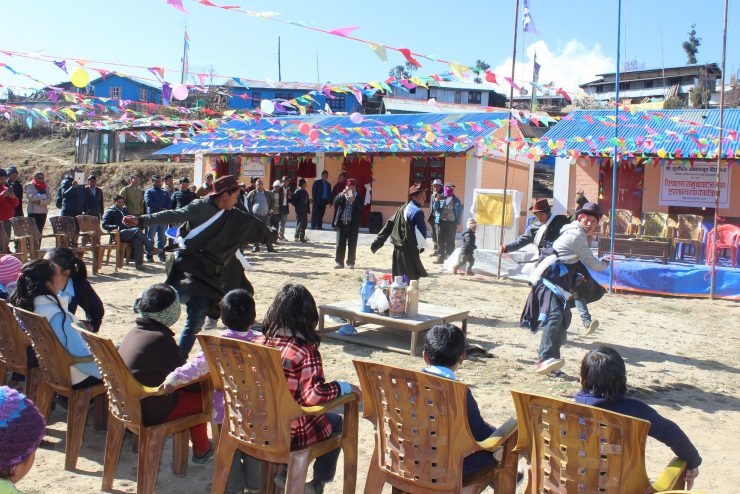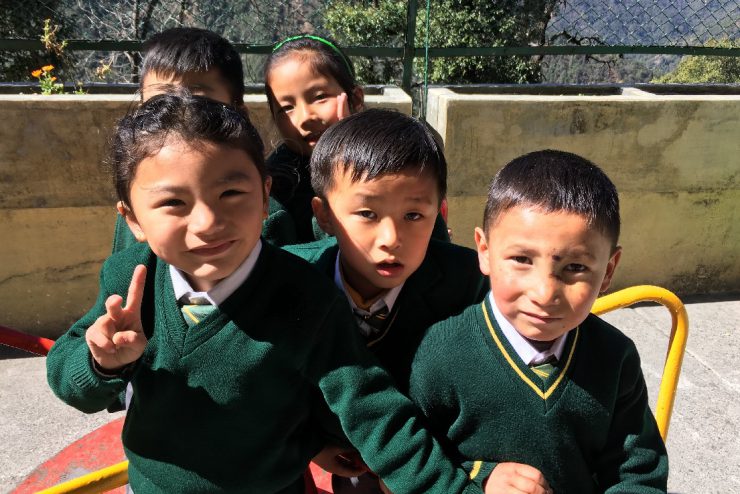Tibet Relief Fund has supported the Dekyling Handicraft Centre since 2004. Here the Centre’s manager, Mr Kesang Wangdu, gives some background to the Centre and its work.
Based near Dehra Dun, northern India, Dekyling Tibetan Settlement has a day school, community health centre, Tibetan medical institute and a handicraft centre. The purpose of the handicraft centre is to preserve our traditional handloom weaving and culture, whilst providing jobs for skilled artisans to earn their living and train young Tibetans.
“With the help of Tibet Relief Fund, our centre was able to purchase new equipment and furniture”
Our handloom weaving section produces Tibetan aprons, woollen cloth, shoulder bags and place mats; our tailoring section stitches ordered goods, Tibetan costumes and school uniforms; and our Tibetan incense section makes traditional Tibetan incense using components of 25 different herbs from the Himalayas.
Tibet Relief Fund has helped us keep our tradition and culture alive by supporting us to renovate the handicraft workshop roof, purchase incense manufacturing equipment and purchase a truck which provides very useful services for community garbage disposal and health maintenance – to this day we have very good relations with our Indian neighbours by keeping the surroundings clean and healthy!
Tibet Relief Fund also kindly supports us by purchasing our handicraft products including shoulder bags, document folders, pen cases and our traditional handmade Tibetan incense to sell in the UK.
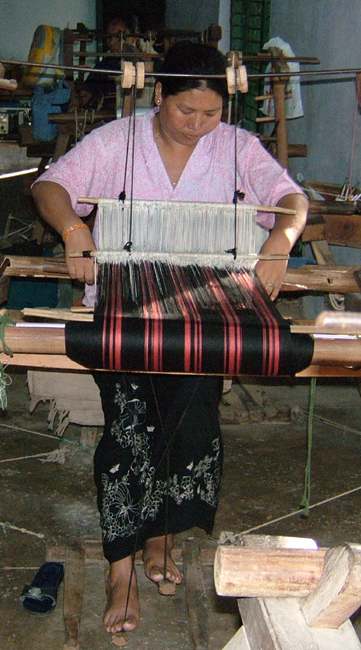
Case Study
Tsewang Norbu
Originally from Yamdro Tsalung, near Shigatse, Tibet, I am now a teacher in the incense unit at Dekyling Handicraft Centre. My father died when I was just two years old, and my mother was imprisoned by the Chinese for her participation in political demonstrations in Tibet. I still do not know her whereabouts, but I believe she must have died in Chinese prison. I came to exile in 1966 with my uncle, but he died while working as a road construction worker in Bhutan. After my arrival in India, I went to a Tibetan school and then on to study wood craftsmanship. In 1973, the Central Tibetan Administration sent me and 14 other orphans to work for the community. I worked as a carpenter for a long time in the Tibetan Women’s Centre in Rajpur. Because of scarcity of funds, I had no quality tools to work with, but despite the meagre resources I was very motivated to serve our community and worked in different roles such as postman, gatekeeper and cook.
Then I heard about a new vocational training centre where a course was offered for Tibetans to weave carpets. I jumped at this opportunity and was sent on a six month course where I did very well. I worked very hard and my skills were noticed and I was sent to work first as weaver and then as a teacher. Later when carpet sales dropped we faced many problems and instead shifted to weaving Tibetan aprons. With the help of Tibet Relief Fund, our centre was able to purchase new equipment and furniture, immensely benefitting my family and numerous others.

